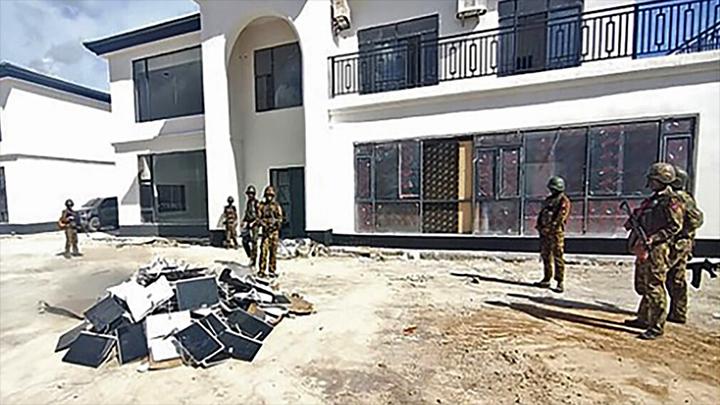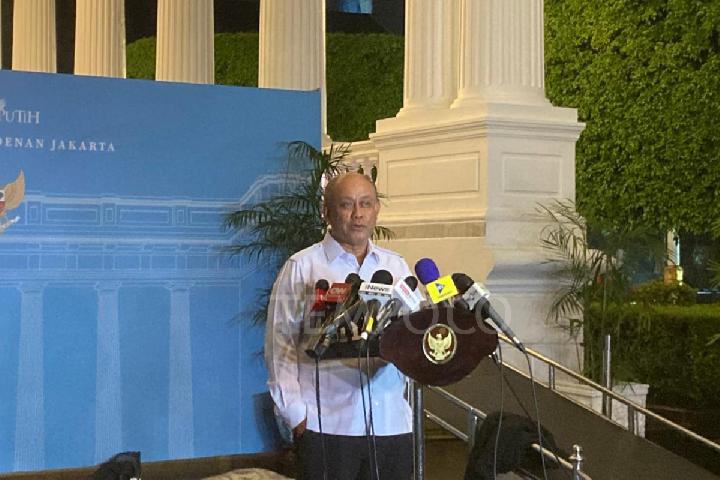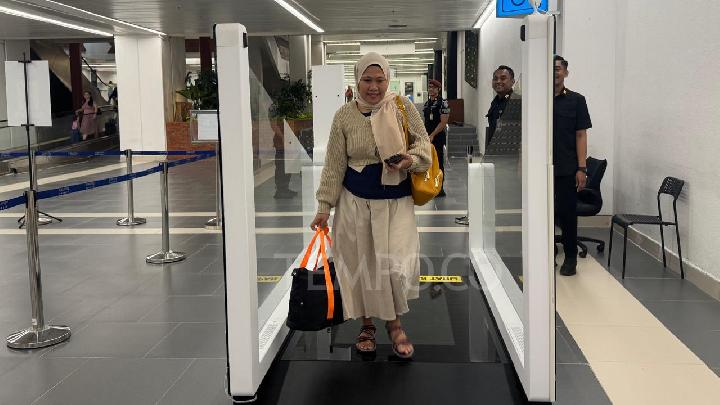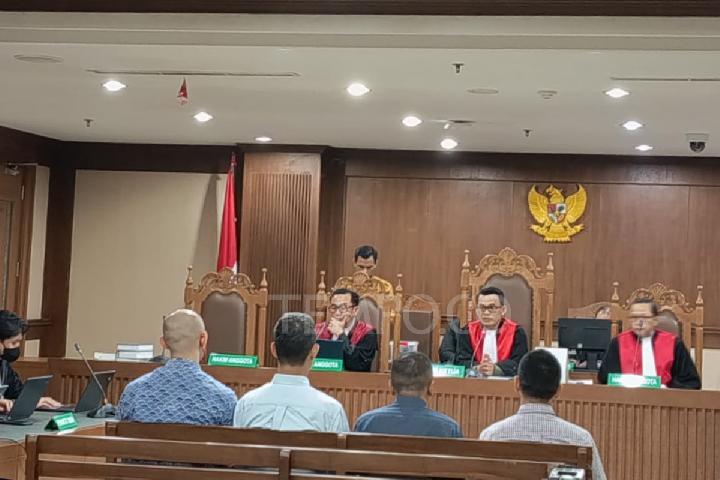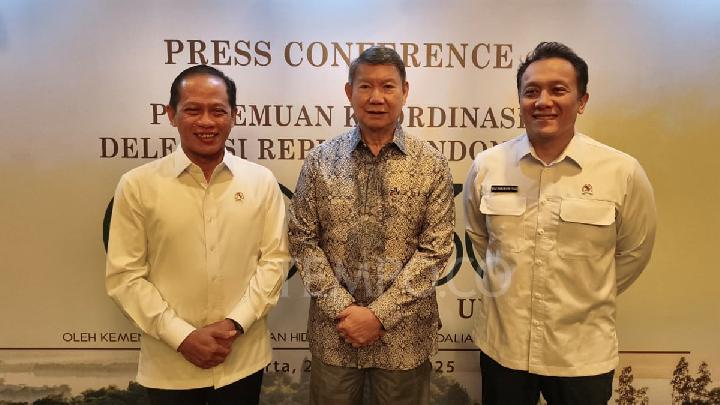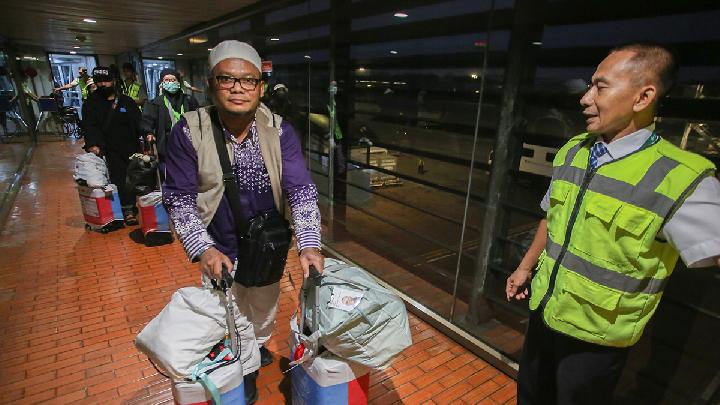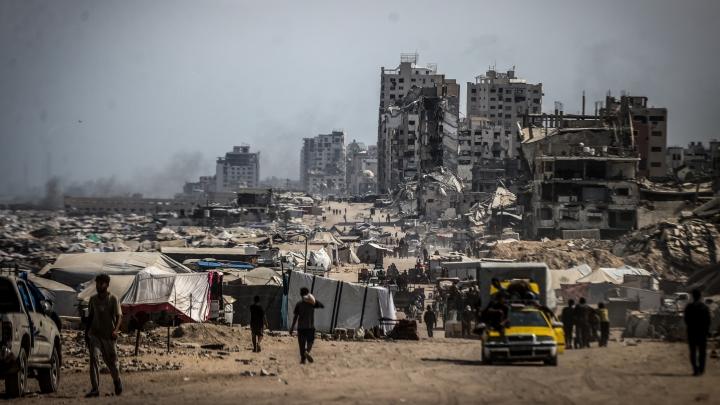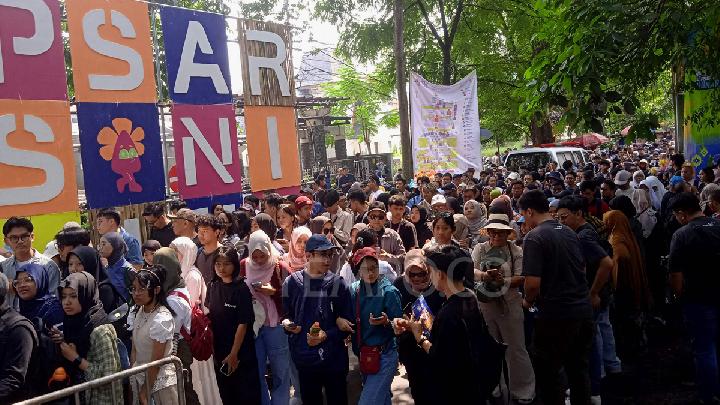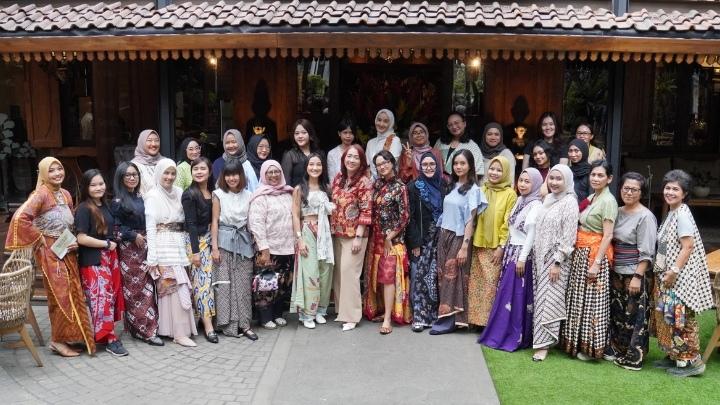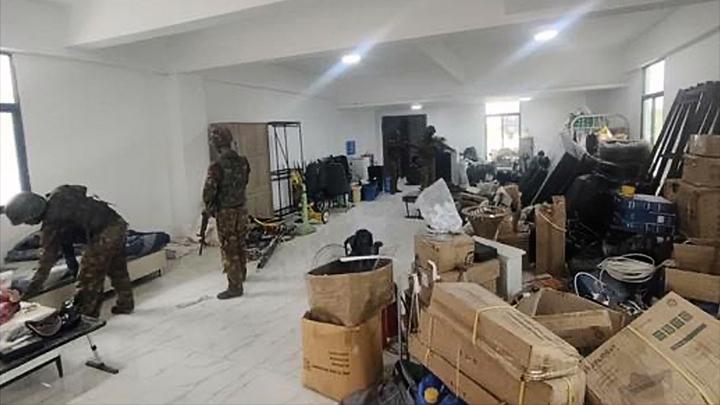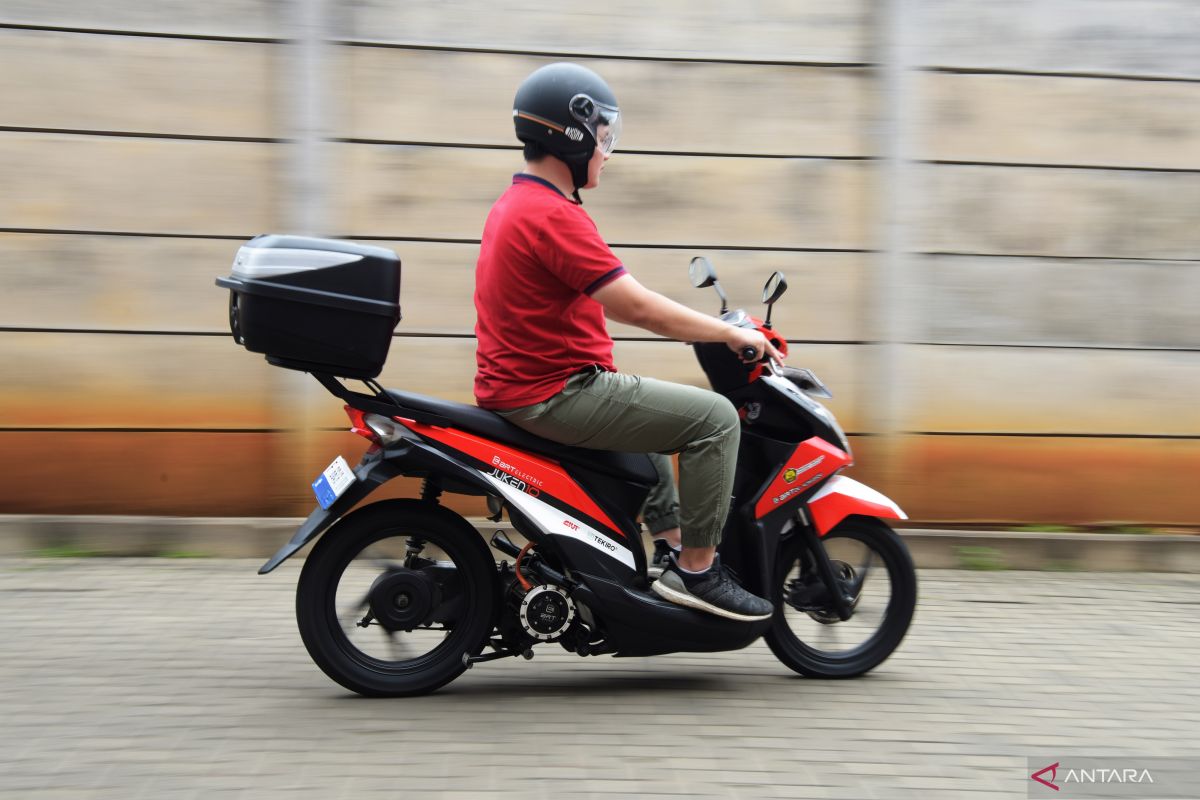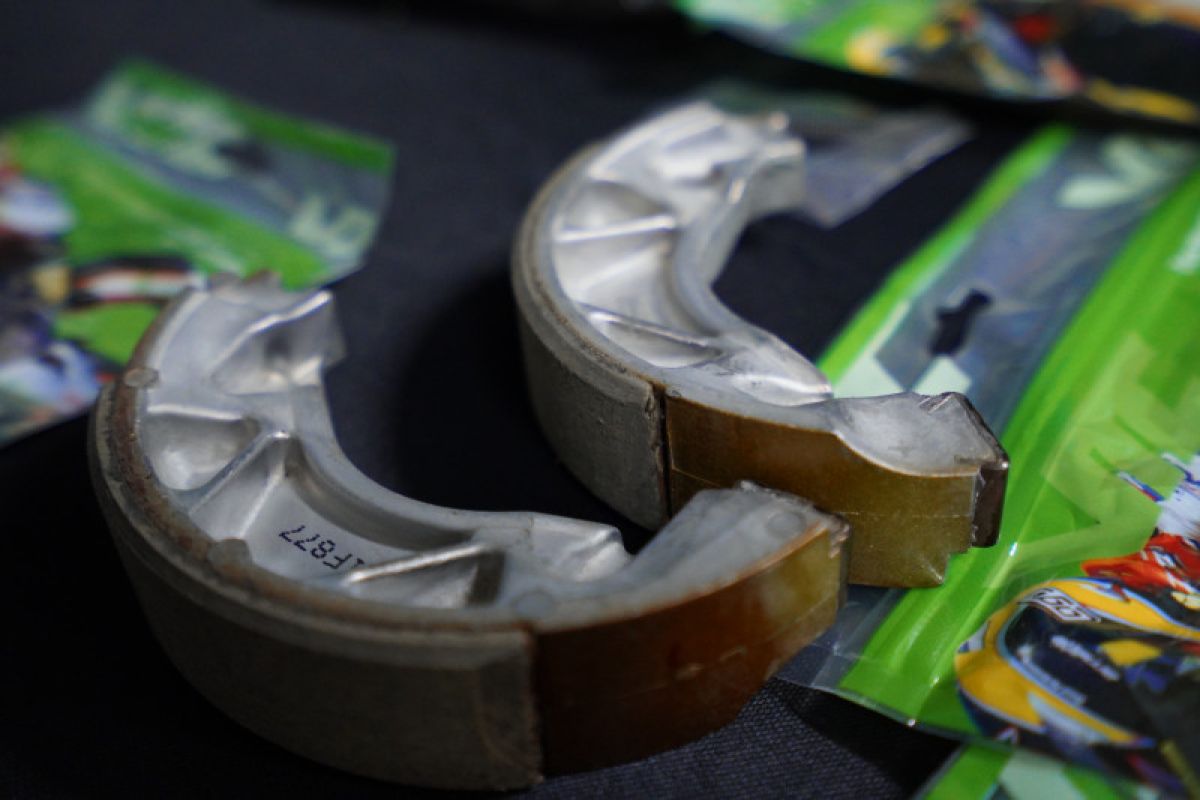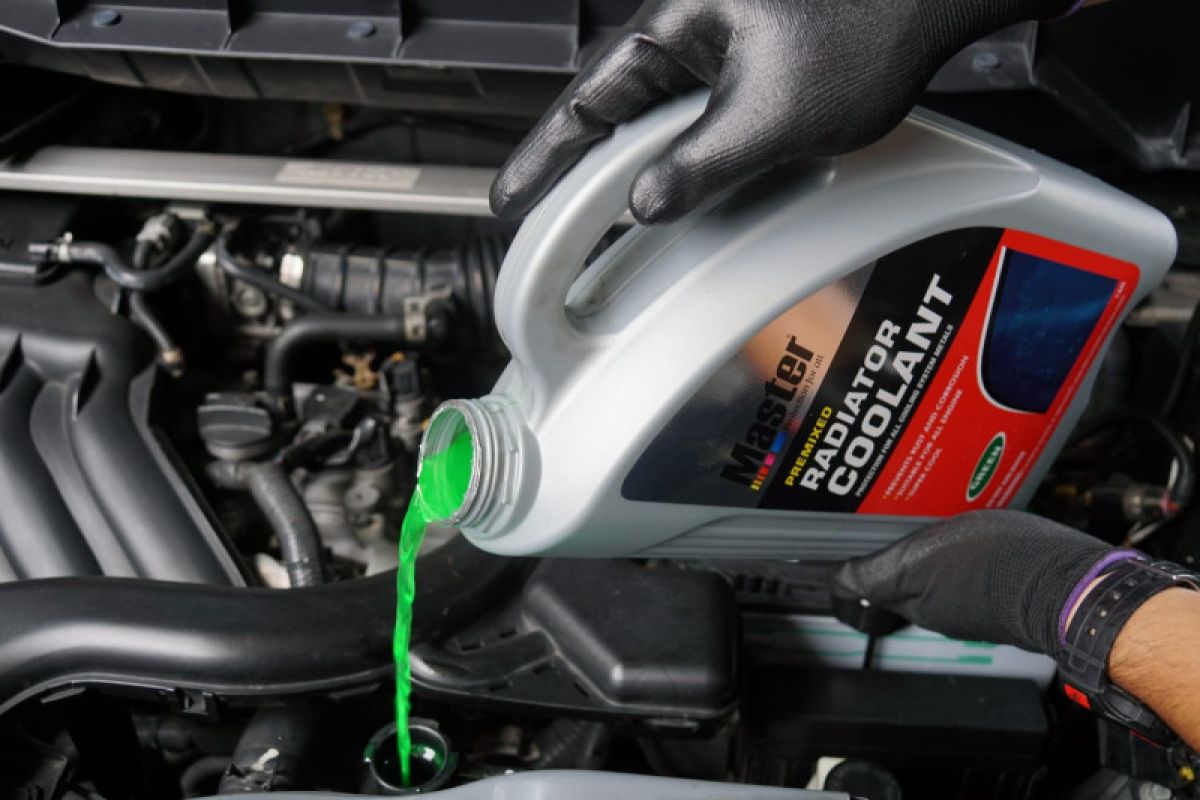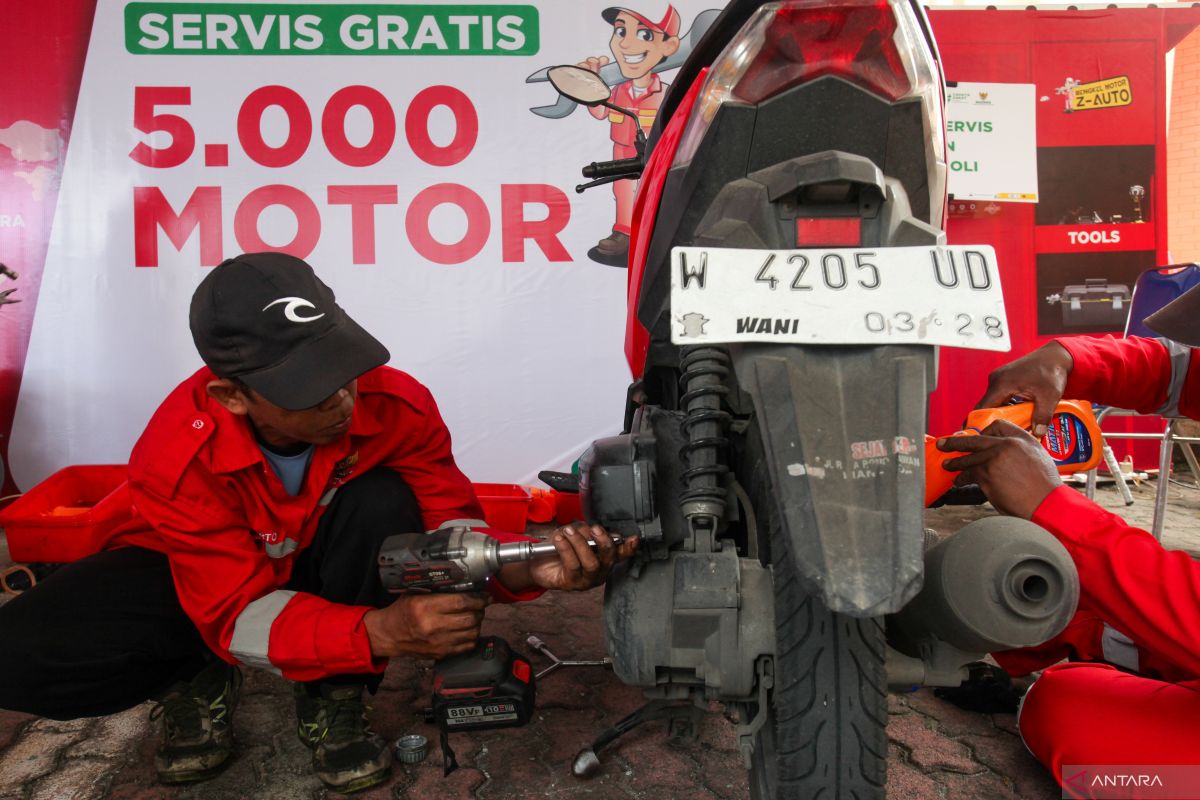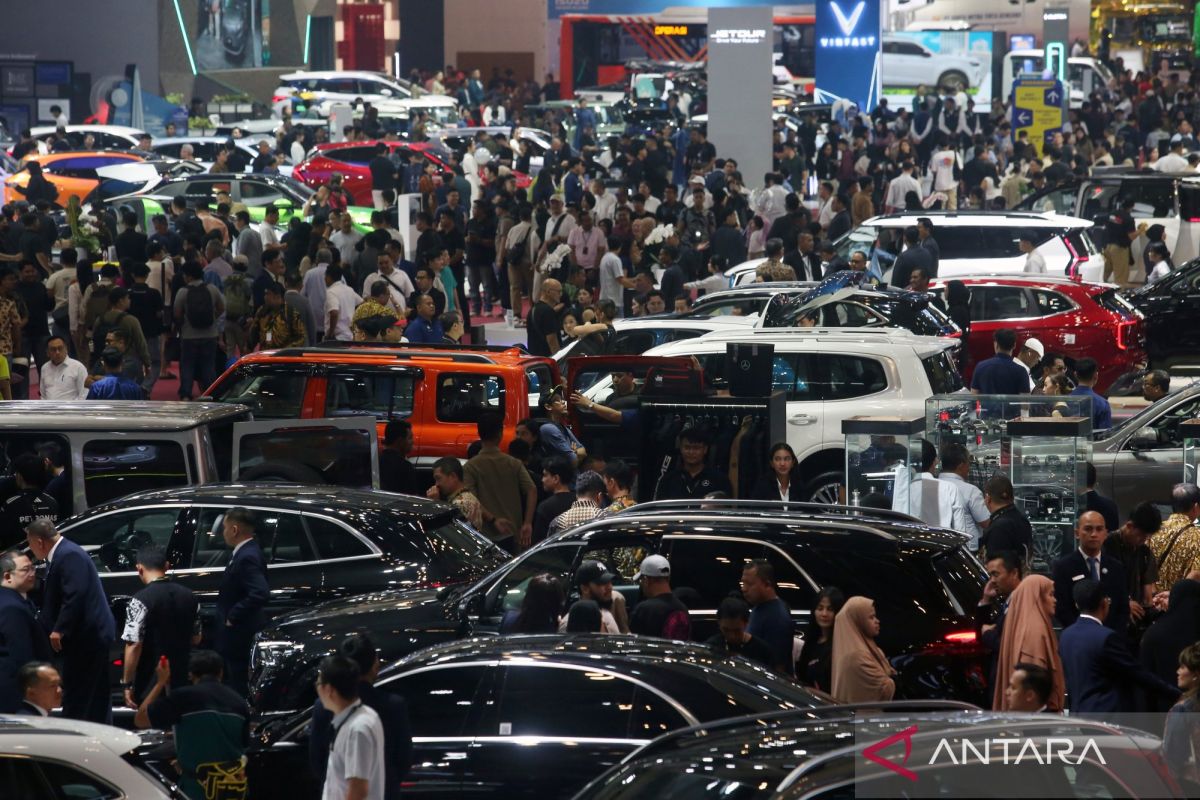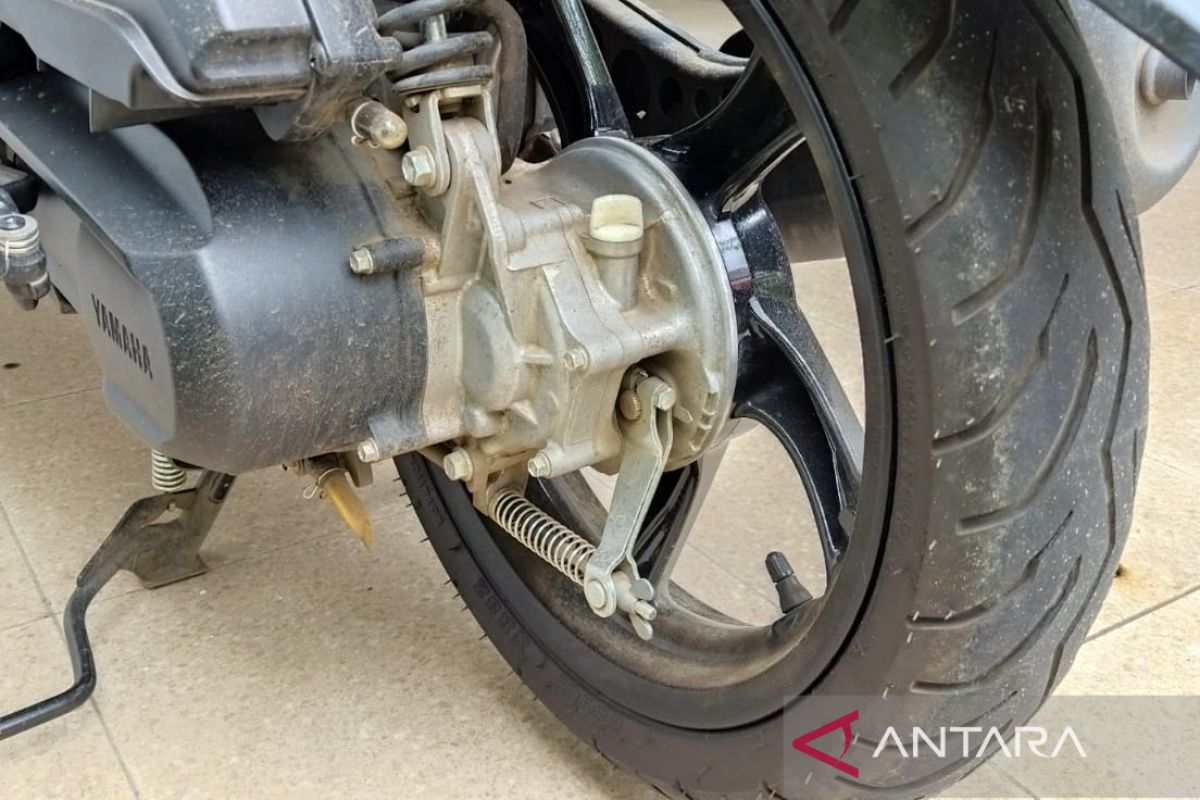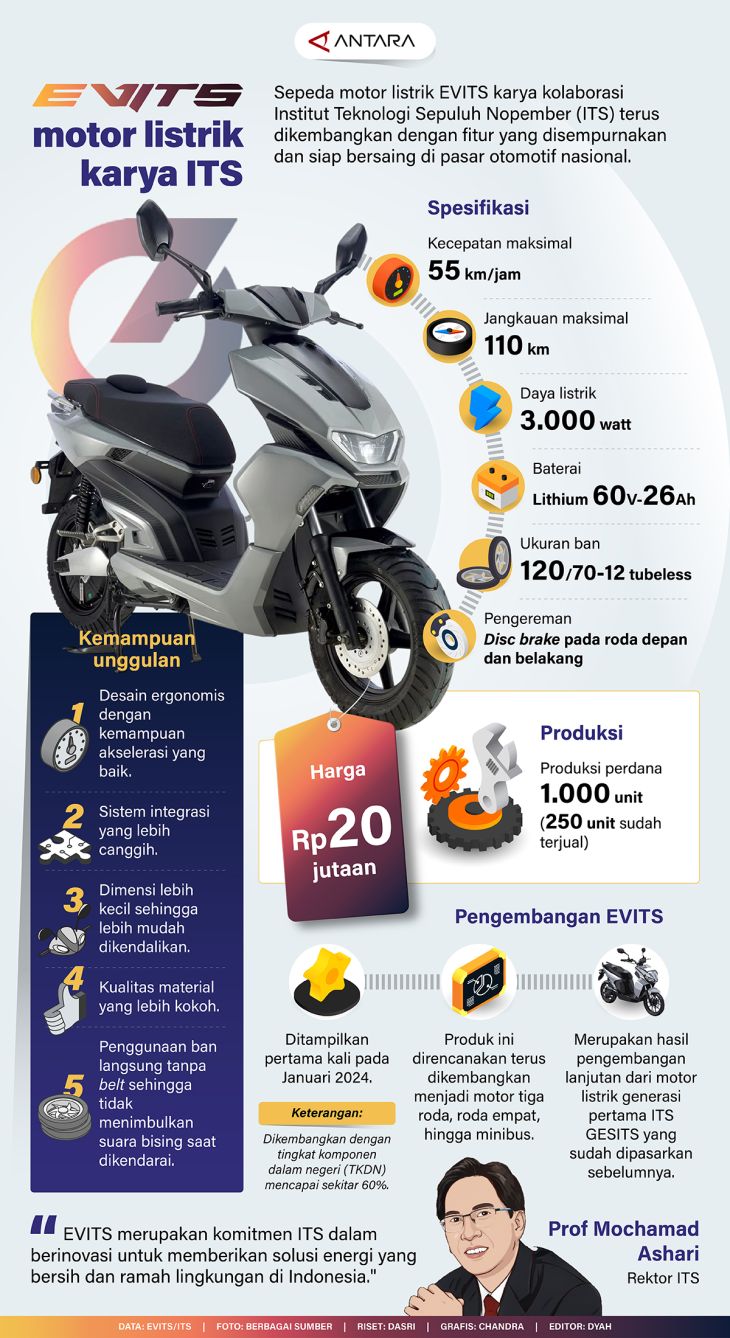October 29, 2025 | 05:12 pm
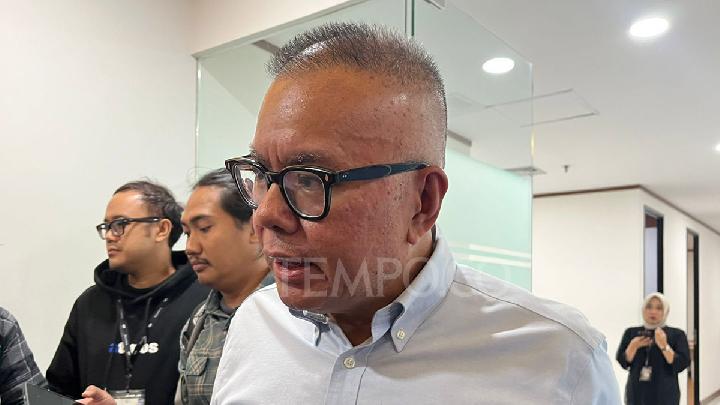
TEMPO.CO, Jakarta - Indonesia's Task Force for Handling Radiation Vulnerability from Radionuclide Cesium-137 announced that it will manage and store a total of 426.8 tons of Cs-137–contaminated material found in the Cikande Industrial Area, Serang, Banten.
“The material has been moved to a temporary storage site at PT Peter Metal Technology’s facility, under very strict supervision,” said Bara Krishna Hasibuan, Head of the Task Force’s Diplomacy and Communication Division, in Jakarta on Wednesday, October 29, 2025.
The Head of the Nuclear Energy Research Organization at the National Research and Innovation Agency (BRIN), Syaiful Bakhri, said the waste will remain in storage until the radioactive contamination naturally decays.
“Cesium-137 has a half-life of around 30 years,” he explained. “The storage and reduction process follows established procedures for handling contaminated materials.”
According to Syaiful, the radioactive decay will be managed through chemical and physical methods, though the task force has yet to determine the total duration of storage.
He added that the temporary storage facility at PT Peter Metal Technology has been officially licensed by the Nuclear Energy Regulatory Agency (BAPETEN), and the site is now closed to any public or industrial activity.
Syaiful said a permanent storage location has not yet been decided, as the task force continues to assess environmental, safety, and regulatory factors in coordination with BAPETEN.
Earlier, the Cesium-137 Task Force reported that 22 factories in the area were found contaminated with radioactive materials, including PT Peter Metal Technology and PT Bahari Makmur Sejati (BMS).
The task force has since confirmed that all affected facilities have completed the decontamination process.
Editor’s Choice: Indonesian Gov't Urged to Rebuild Trust After Radioactive Shrimp Detection in U.S.
Click here to get the latest news updates from Tempo on Google News
Samator Indo Assures Gas Products in Cikande Are Free from Cesium-137 Contamination
57 menit lalu
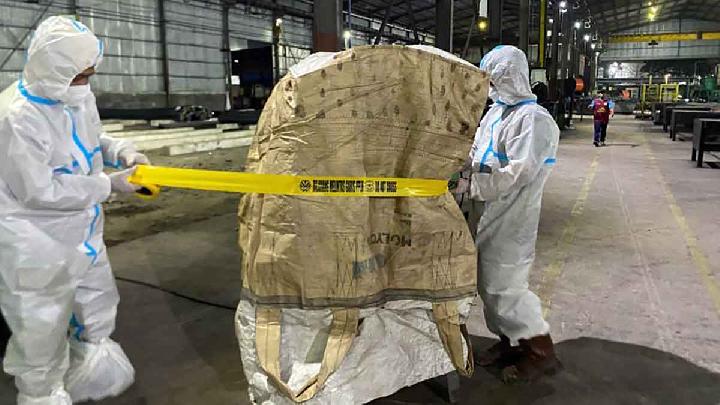
Samator Indo Gas ensures the safety of its operations amidst the discovery of radioactive Cesium-137 in the Cikande Modern Industrial Zone.
Indonesian Gov't Urged to Rebuild Trust After Radioactive Shrimp Detection in U.S.
1 jam lalu
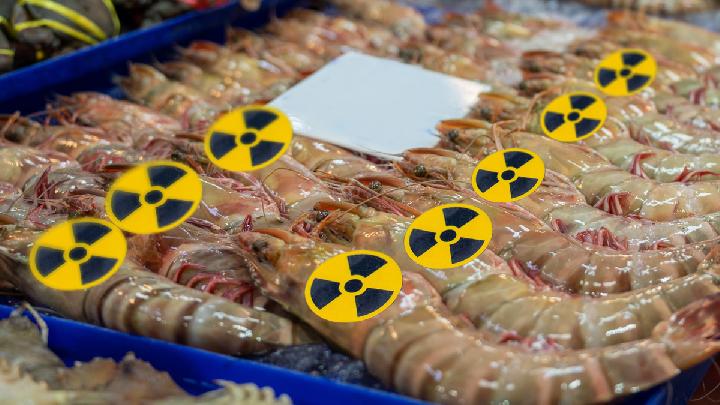
Shrimp is one of Indonesia's top ten fishery commodities, with an annual production of around 286,000 tons.
Cikande's Cesium-137 Decontamination: 63 Residents Relocated, Others Set to Follow
5 hari lalu
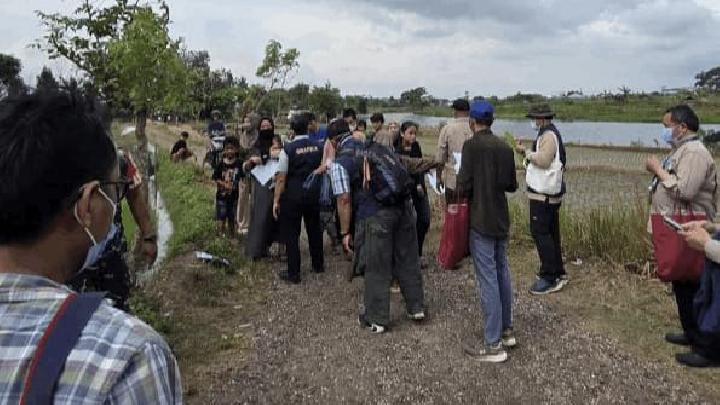
The decontamination process of radioactive Cesium-137 remaining in the industrial area is targeted to be completed by tomorrow.
How the Cesium-137 Shrimp Contamination Case Could Harm Indonesia's Export Reputation
7 hari lalu
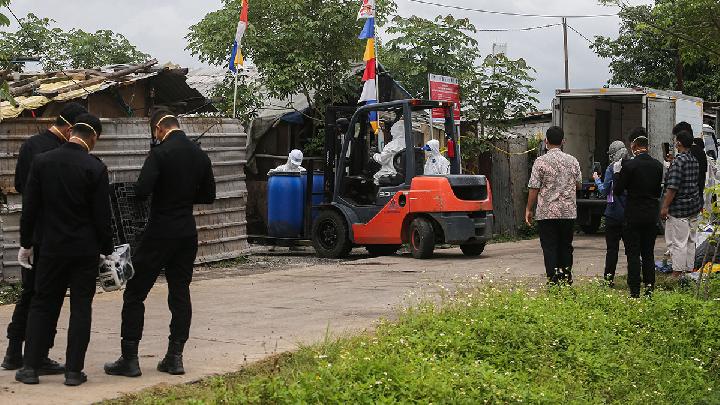
Cesium-137 contamination in exported shrimp could damage the reputation of other seafood products, such as tuna, crab, and seaweed.
Indonesian Shrimp Exports to US Resume Following FDA Dispensation
9 hari lalu

The US Food and Drug Administration (FDA) has allowed thousands of Indonesian shrimp containers to enter the US market.
Philippines Investigates Source of Cesium-137-Contaminated Container Shipment to Indonesia
10 hari lalu

The Cesium-137-contaminated containers were shipped to Indonesia by a trading company based in China with an office in the Philippines.
Indonesian Task Force Completes Cesium-137 Decontamination at 20 Factories in Cikande
10 hari lalu
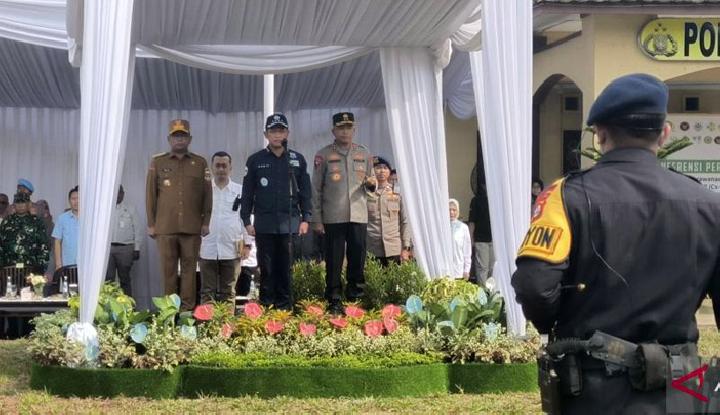
The Indonesian government through the Task Force for Handling the Cesium-137 ensures that the handling of contamination in Cikande is controlled.
Indonesian Shrimp Industry Players Convene to Discuss Cesium-137 Contamination
14 hari lalu
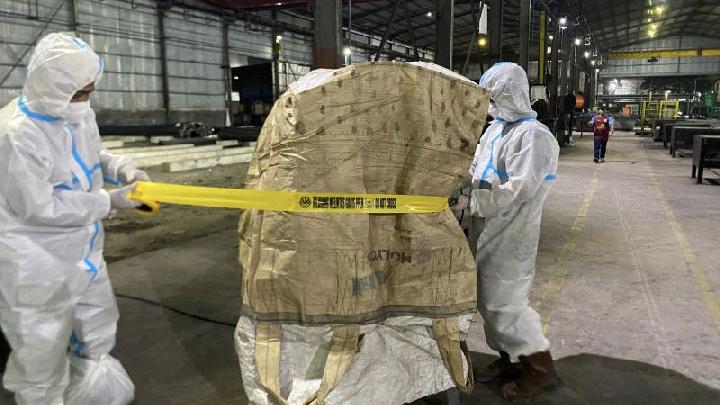
The Shrimp Fair Forum held in Banyuwangi for three days will discuss the dynamics of shrimp export to various countries, especially the United States.
Today's Top 3 News: Eight Athletes to Represent Indonesia at Gymnastics World Championship in Jakarta
14 hari lalu
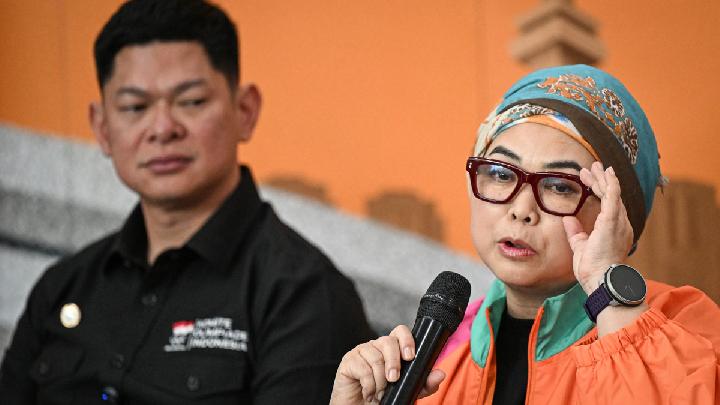
Here is the list of the top 3 news on Tempo English today.
Indonesia to Evacuate Residents over Suspected Cesium-137 Radiation Leak in Banten
15 hari lalu
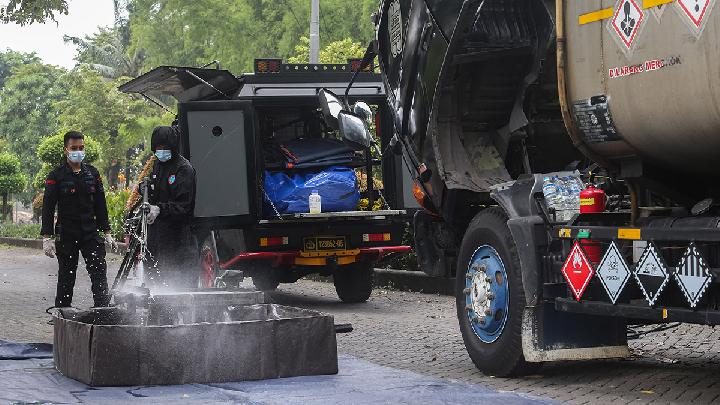
The police plan to evacuate residents living in the red zone, as they are considered the most vulnerable to cesium-137 radiation exposure.

